Frugal Habits People Picked Up by Accident and Now Swear by
Frugal living often begins by accident. A single shortcut or moment of convenience becomes a better, easier way to get something done. What starts as a simple fix turns into a permanent routine—less waste, fewer purchases, and greater control without much effort.
Here are some everyday habits people never meant to adopt, but now rely on fully.
Saving Vegetable Scraps for Broth
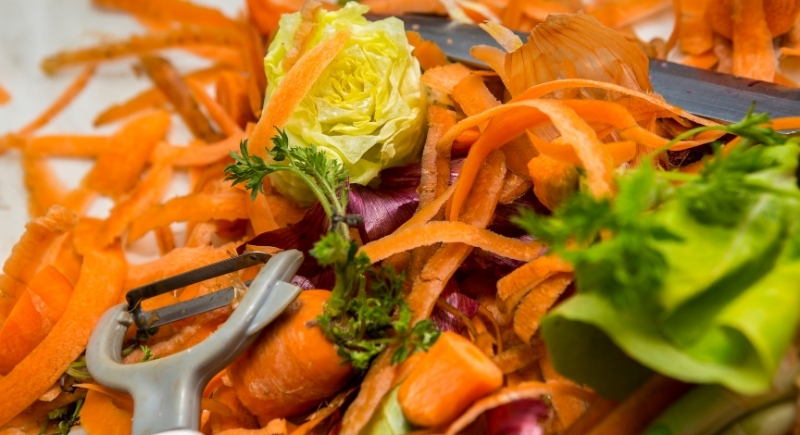
Credit: Getty Images
Most people throw out onion ends, carrot tops, and herb stems without thinking. But simmering those leftovers in water creates broth that’s richer and more layered than store-bought cartons. This habit costs nothing and adds flavor to rice, soup, and sauces. Freezing scraps until there’s enough to boil makes it easy to maintain.
Swapping Paper Towels for Cloth Rags
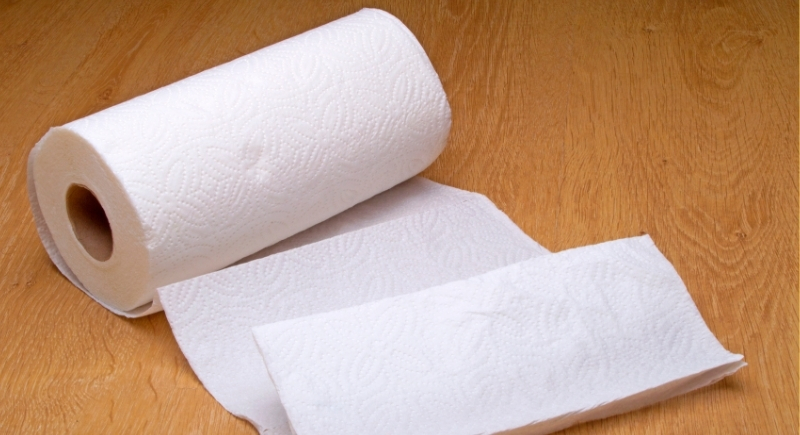
Credit: Getty Images
Relying on paper towels for every spill, wipe-down, or cleaning task leads to constant restocking. Unlike cloth, paper towels can’t be reused, composted easily, or cleaned. Not switching means paying more for something that performs worse and ends up in the trash almost immediately after use.
Storing Pantry Items in Reused Glass Jars
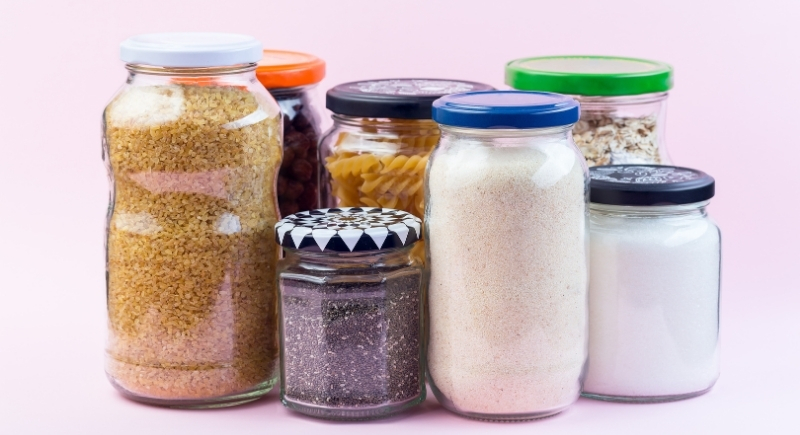
Credit: Getty Images
Empty pasta sauce jars became an accidental pantry upgrade. They’re sturdy, washable, and ideal for bulk dry goods. Unlike plastic, glass doesn’t hold odors or stains. Many people now choose items packaged in jars just to reuse the container. Matching lids and uniform sizes help with stacking and visibility.
Letting the Dishwasher Air-Dry
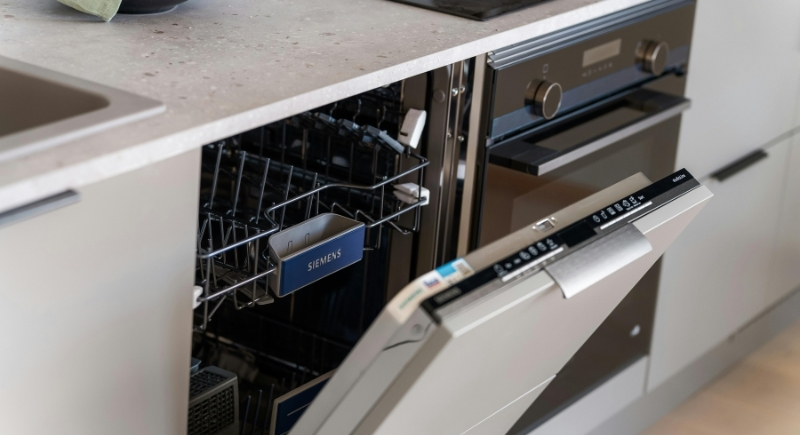
Credit: pexels
According to the U.S. Department of Energy, heat-dry settings on dishwashers can add around 15 percent to the energy consumed in each cycle. Cracking the door open instead allows dishes to dry naturally using leftover heat. This method reduces power usage and prevents plastic containers from warping or melting.
Switching to Rechargeable Lighting Tools

Credit: Getty Images
Continuing to use disposable batteries means paying for the same function repeatedly. High-use items like headlamps and flashlights burn through batteries quickly, especially during winter or outdoor routines. It’s easy to lose track of how much you’re spending until you’re buying bulk packs every few months.
Making Baked Chips Using Corn Tortillas
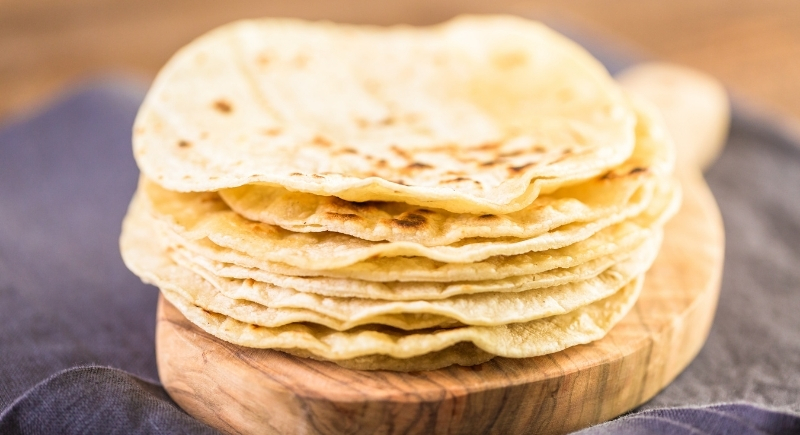
Credit: Getty Images
Stale tortillas don’t need to go in the trash. Cutting them into wedges, tossing them in oil, and baking for 10–12 minutes turns them into crisp, fresh chips. Seasoning can be adjusted with spices or lime juice. You may even find that these taste better than store-bought chips because the homemade version has no preservatives and less sodium.
Freezing Rotisserie Chicken for Later Meals
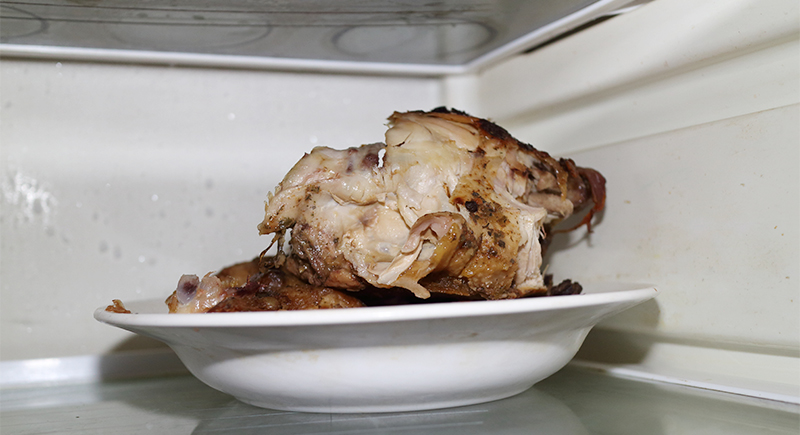
Credit: iStockphoto
One rotisserie chicken can stretch across several meals. After the initial dinner, leftover meat freezes well in small bits. Shredded chicken becomes a filling for tacos, pasta, or sandwiches. This saves both prep time and grocery trips and helps cut down on food waste by breaking one item into components consumed throughout the week.
Eating Before Leaving the House

Credit: pixelshot
Having a small meal or snack before leaving the house prevents impulse stops. Similarly, carrying a reusable water bottle and a granola bar can help avoid last-minute purchases. Those $6 coffee runs or snacks can drive up your expenses. Over a month, avoiding just three unplanned purchases a week can save around $60, depending on your location.
Delaying Purchases by Leaving Online Carts Full

Credit: Canva
We shop online because it fits into packed schedules, skips lines, and takes seconds to complete a purchase. But that convenience makes it harder to notice unnecessary spending. Leaving items in your cart for a day or two adds a natural break in the process. It helps filter out impulse buys and unnecessary duplicates.
Collecting Small Leftovers in a Freezer Bag
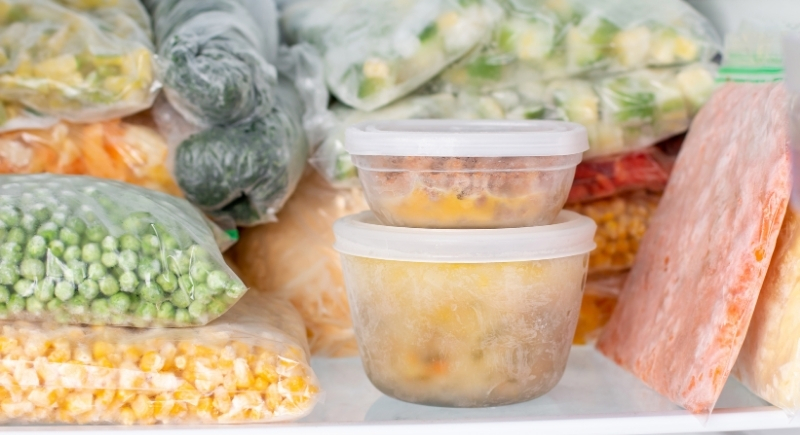
Credit: Getty Images
Some meals leave behind leftovers that don’t seem worth saving. A half scoop of beans, a few roasted carrots, or a spoonful of rice might not be enough alone. But saving them in a freezer bag creates a varied mix. When the bag fills up, everything goes into a pot for soup.
Checking Clearance Racks Before Shopping Elsewhere

Credit: Getty Images
Start every shopping trip by checking the clearance section. It takes only a minute and mostly reveals steep discounts on quality items that others overlook. These racks usually hold seasonal markdowns or overstocked goods priced far below retail. Making this a practice can cut clothing and household expenses significantly.
Using Local Buy Nothing Groups

Credit: Instagram
Buy Nothing communities connect people giving away or requesting items without payment. Members list furniture, clothes, food, and household supplies. Checking listings regularly can replace store trips. Someone might find unused flour, extra produce, or home decor. The groups also offer a straightforward way to give away excess items.
Portioning Out Cleaning Products Before Use
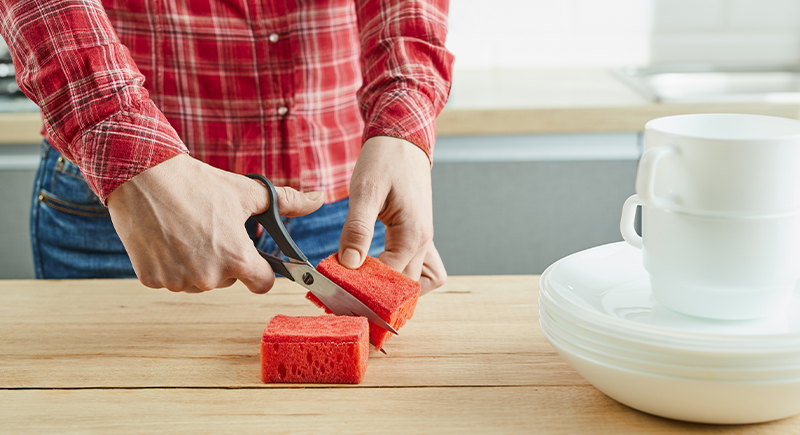
Credit: iStockphoto
Try trimming before you use. Cut sponges, scrub pads, or dryer sheets into halves or quarters. A whole one often gets tossed while plenty of it is still usable. Smaller pieces last longer in practice, and you’ll stretch each box or pack further without even noticing.
Diluting Soap and Detergent at the Right Time

Credit: iStockphoto
When people dilute soap, they tend to wait until the bottle is nearly empty. Starting sooner—when it’s still half full—maintains the original consistency. Adding a small amount of water lets liquid products stretch further and does not impact performance. This applies to shampoo, dish soap, body wash, and laundry detergent.
Planting Herbs Instead of Buying Clamshells

Credit: Getty Images
Buying fresh herbs means paying high prices for small servings that often wilt within days. If you cook frequently, replacing herbs like basil or cilantro every week becomes expensive and wasteful. You also end up throwing away plastic packaging and half-used bunches that go bad in the fridge.